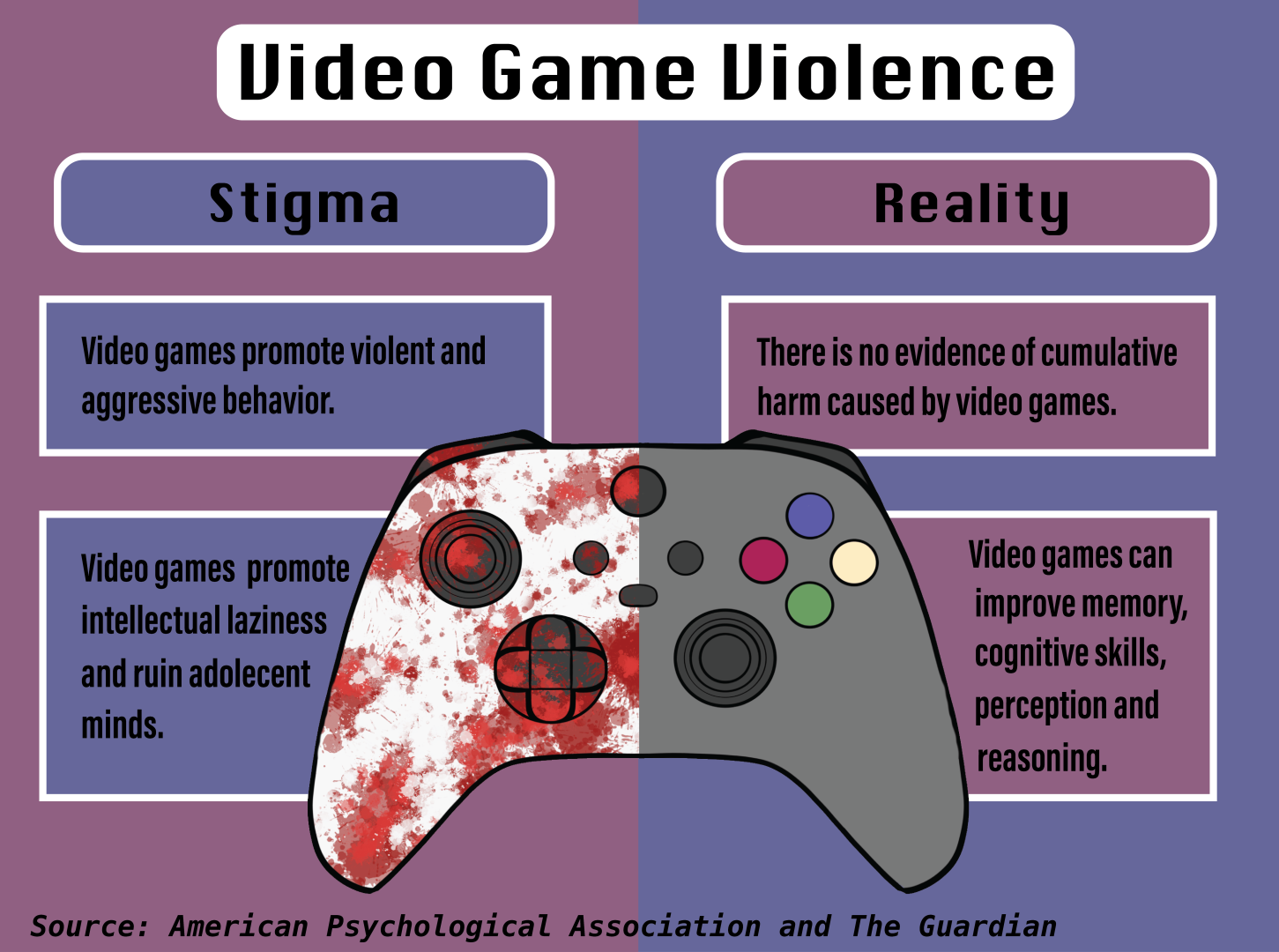Viva Resa: Your Gateway to Insightful Living
Discover news, trends, and tips for a vibrant lifestyle.
Why Video Games Are the Unexpected Therapy We All Need
Discover how video games can boost mental health and well-being—uncover the surprising therapy you didn't know you needed!
The Healing Power of Play: How Video Games Can Benefit Mental Health
In an age where technology permeates every aspect of our lives, the concept of play has evolved significantly, especially through the medium of video games. Research has shown that engaging in video games can offer a variety of benefits for mental health. For instance, playing video games can enhance problem-solving skills, improve mood, and even foster social connections. By immersing themselves in these virtual worlds, players not only escape reality but also develop resilience and coping mechanisms that can aid in real-life challenges.
Moreover, the therapeutic potential of video games is increasingly recognized in the field of mental health. Games designed specifically for therapy, such as those focusing on mindfulness or stress relief, provide a unique tool for both therapists and patients. These games often incorporate elements of play that help individuals process emotions and reduce anxiety. In essence, through play, video games can facilitate healing, offering an interactive way for individuals to confront and navigate their mental health journeys.

Leveling Up Mental Wellness: The Therapeutic Benefits of Gaming
In recent years, mental wellness has become an increasingly important topic, and one surprising ally in this endeavor is gaming. Contrary to the stereotype of gamers living in isolation, contemporary research suggests that video games can serve as powerful tools for therapy and well-being. Engaging with complex narratives and immersive worlds allows players to escape their daily stresses, fostering a sense of achievement and community. Games can promote emotional resilience, as players often confront and overcome challenging scenarios, thereby enhancing their problem-solving skills and bolstering their self-esteem.
Moreover, the therapeutic benefits of gaming extend beyond mere escapism. Many games incorporate elements that encourage mindfulness, focus, and emotional regulation. For instance, titles that require strategic thinking or cooperative gameplay can enhance social connections and decrease feelings of loneliness. Additionally, research has shown that interactive storytelling can improve empathy and understanding in players, as they navigate diverse characters and situations. Ultimately, leveling up mental wellness through gaming not only provides entertainment but also enriches emotional health and fosters stronger connections with others.
Can Video Games Be the Key to Better Emotional Health?
In recent years, numerous studies have suggested that video games may play a significant role in improving emotional health. The immersive nature of gaming can provide a much-needed escape from everyday stressors, allowing players to engage in rich narratives that can help them process their feelings and experiences. For many, video games serve as a form of therapy, offering a safe environment to explore emotions like anxiety and sadness without the fear of judgment. Furthermore, multiplayer gaming fosters social connections, helping players build friendships and feel a sense of community, which is essential for emotional well-being.
Additionally, certain types of video games are specifically designed to promote emotional growth. Games that incorporate elements of problem-solving, collaboration, and empathy can encourage players to develop coping skills and emotional intelligence. Titles like Journey and Celeste not only challenge players on a technical level but also resonate on an emotional one, illustrating that video games can be both entertaining and therapeutic. As mental health awareness continues to grow, it’s important to recognize the potential of video games as a valuable tool in promoting better emotional health.